Research
With over 25 years of experience as a teacher- scholar, teacher educator, and science educator, my research investigates transformative practices for supporting teachers and future science teachers' preparation and lifelong learning. Specifically, I focus on strategies and contexts to support practice-based teacher education and for promoting teachers and future teachers’ cultural competence using place-based and justice-oriented approaches.
Science & Environmental Literacy
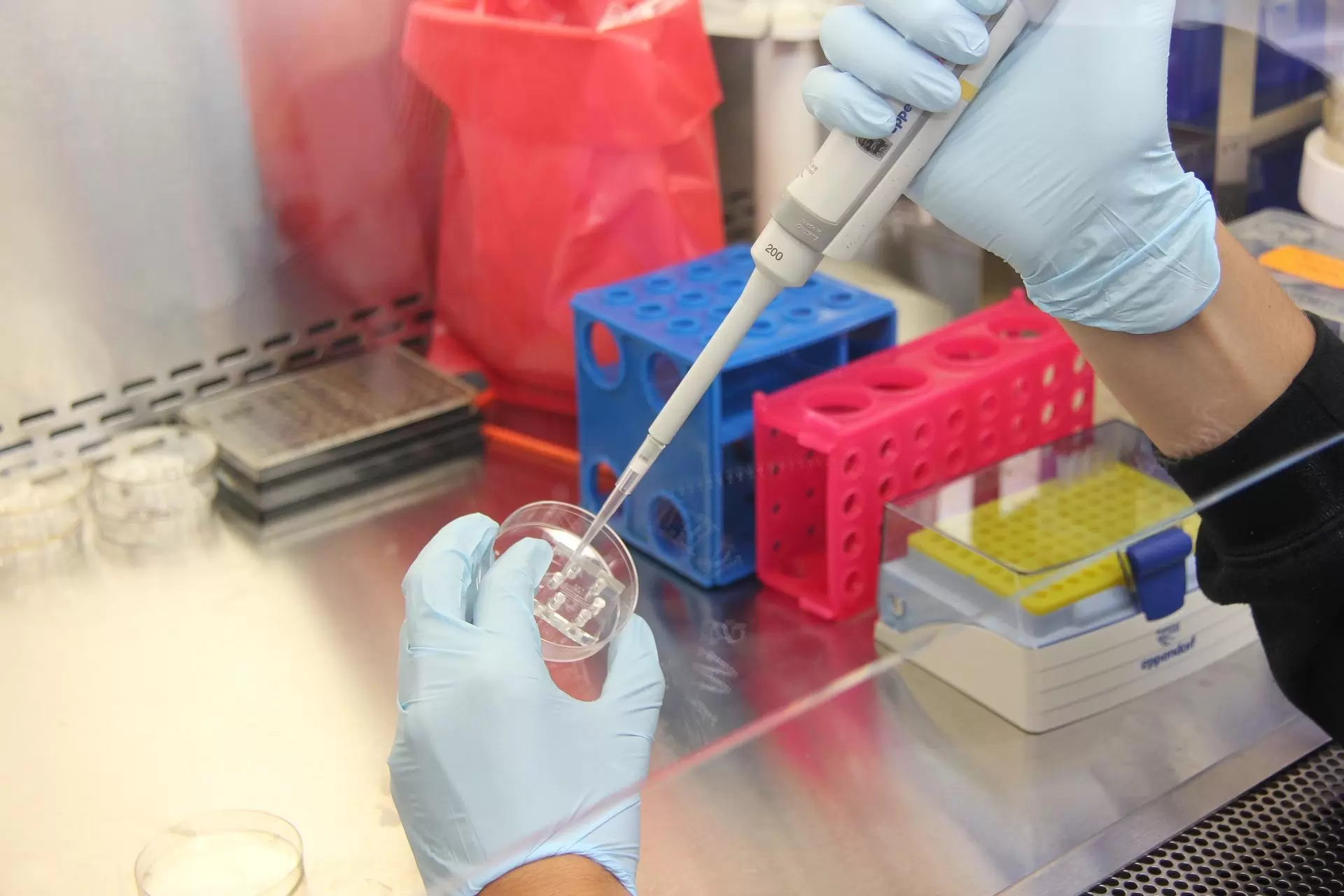 In this area of research, my focus is on preservice science teachers' capacity for advancing environmental education. In my earlier work, I highlighted the value of using the Sustainability Triad (Herremans & Reid, 2002) to support educators as they select, analyze, and make decisions about socioscientific issues focused on place-based environmental challenges. The framework emphasized the use of values (e.g., only humans have value vs. all life has value) in the analysis of multiple dimensions and perspectives (e.g., social, economic, ecologic). I also investigated teachers' purposes for teaching science and how they operationalize science literacy in relation to local contexts (place) and the environment. In recent years, I have begun to consider strategies for advancing environmental education and climate literacy more broadly (preservice teachers, practicing teachings, K-12 students, and community members). Focusing on climate literacy, I explore strategies for community-based education, third space, and interdisciplinary collaborations.
In this area of research, my focus is on preservice science teachers' capacity for advancing environmental education. In my earlier work, I highlighted the value of using the Sustainability Triad (Herremans & Reid, 2002) to support educators as they select, analyze, and make decisions about socioscientific issues focused on place-based environmental challenges. The framework emphasized the use of values (e.g., only humans have value vs. all life has value) in the analysis of multiple dimensions and perspectives (e.g., social, economic, ecologic). I also investigated teachers' purposes for teaching science and how they operationalize science literacy in relation to local contexts (place) and the environment. In recent years, I have begun to consider strategies for advancing environmental education and climate literacy more broadly (preservice teachers, practicing teachings, K-12 students, and community members). Focusing on climate literacy, I explore strategies for community-based education, third space, and interdisciplinary collaborations.
Collaborators include scholars from the Ohio University's Patton College of Education and the Voinovich School of Leadership and Public Service: Ms. Nicole Kirchner (Energy and the Environment), Dr. Natalie Kruse-Daniels (Environmental Studies), Dr. Sara Salloum (Teacher Education), and Dr. Julie Francis (Stevens Literacy Center). Community and university-based collaborations include the Raccoon Creek Partnership and the OHIO Museum Complex.
Cognitively Demanding Science and STEM/STEAM Teaching
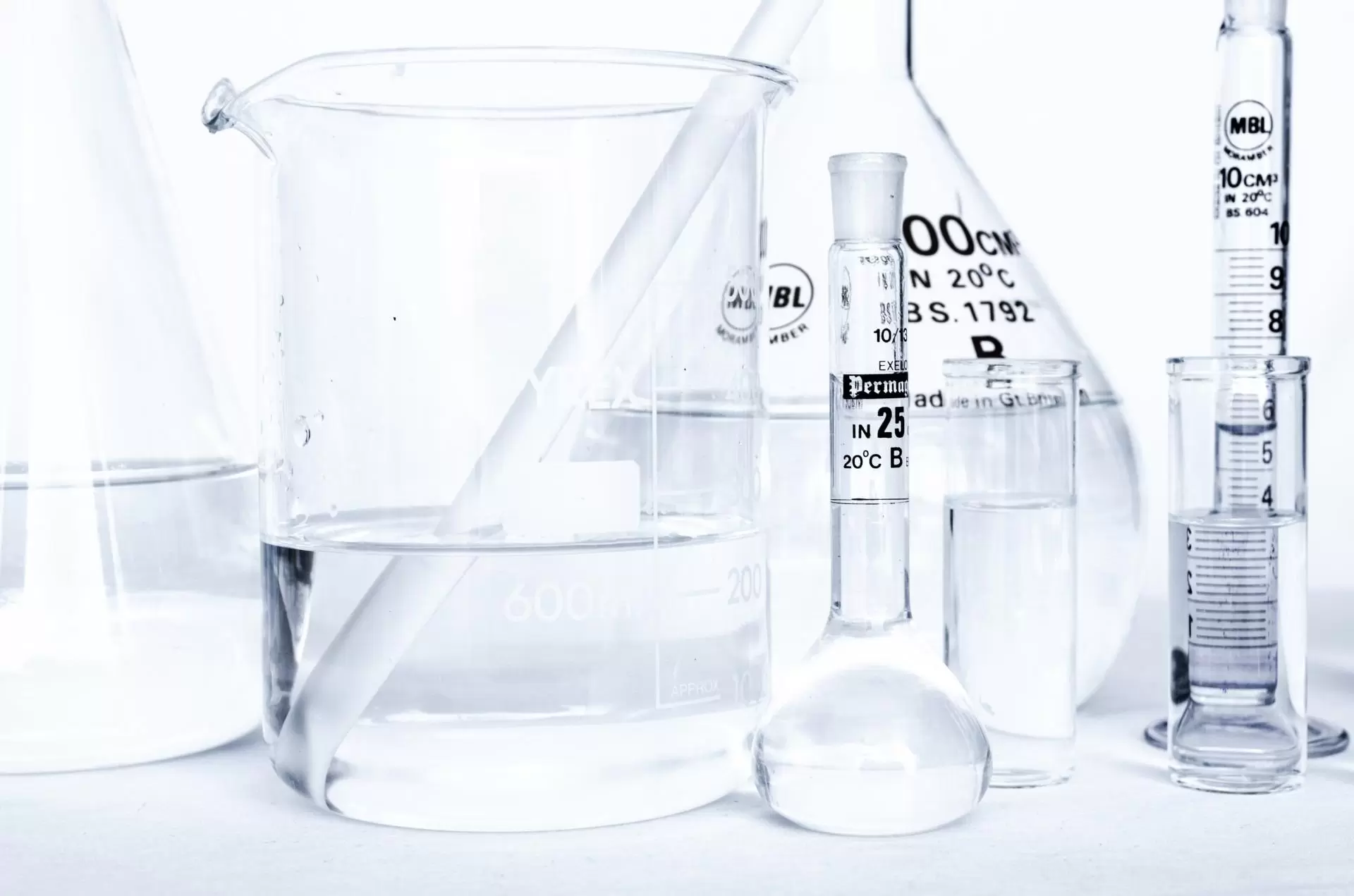 In this area, I focus on the ways we can prepare science and STEM preservice teachers to plan and teach in culturally responsive and cognitively demanding ways through mentored and/or non-traditional clinical experiences. For example, I investigate the valuable opportunities that informal STEM and STEAM events that are located within school settings bring to teacher candidates, allowing them to gain confidence about STEM content, providing them with essential experience teaching science and interacting with children and their families/caregivers in authentic settings. This is especially important for future teachers who don't get many opportunities to observe and practice science teaching during their placements in elementary classrooms. This strand of work also speaks to the characteristics and value of school-university-community partnerships, across content areas to enhancing teacher preparation and learning across the lifespan.
In this area, I focus on the ways we can prepare science and STEM preservice teachers to plan and teach in culturally responsive and cognitively demanding ways through mentored and/or non-traditional clinical experiences. For example, I investigate the valuable opportunities that informal STEM and STEAM events that are located within school settings bring to teacher candidates, allowing them to gain confidence about STEM content, providing them with essential experience teaching science and interacting with children and their families/caregivers in authentic settings. This is especially important for future teachers who don't get many opportunities to observe and practice science teaching during their placements in elementary classrooms. This strand of work also speaks to the characteristics and value of school-university-community partnerships, across content areas to enhancing teacher preparation and learning across the lifespan.
My work also investigates the affordances of using cyclical and content specific mentoring models that engage educators across institutional boundaries for supporting STEM teacher learning and growth, particularly developing teaching practice. the generated mentoring spaces model allow teacher candidates to attend to issues of pedagogical content knowledge, rather than more general teaching and classroom management strategies and apply research-supported teaching strategies. They support candidates’ active engagement in the classroom and create more coherence and connections between university courses and school-based field experiences. The resulting strong relationship among the teacher candidates, mentor teachers, and clinical educators create opportunities for better and more cohesive feedback, modeling of best practices, and mentor learning alongside the candidates. The resulting mentoring spaces are most effective when they are dialogic in nature, focused on the content-specific high-leverage practices centering on student ideas, and using talk moves such as providing evidence and reasoning, allowing interthinking that occurs between the teacher candidate and clinical educator results in higher levels of reflection than for teacher candidates alone. Asking challenging questions and modeling thinking are key to this process.
Collaborators in this area include Dr. Lisa Harrison, Dr. Sara Salloum, Dr. Sara Hartman, Dr. Allyson Hallman-Thrasher, and Dr. Mathew Felton-Koestler (Teacher Education), Dr. Greg Kessler and Dr. Min Lun Wu (Educational Studies), Dr. Julie Francis (Stevens Literacy Center), and Dr. Jodi Dunham (Shawnee State University).
Cultural Competence and Social Justice
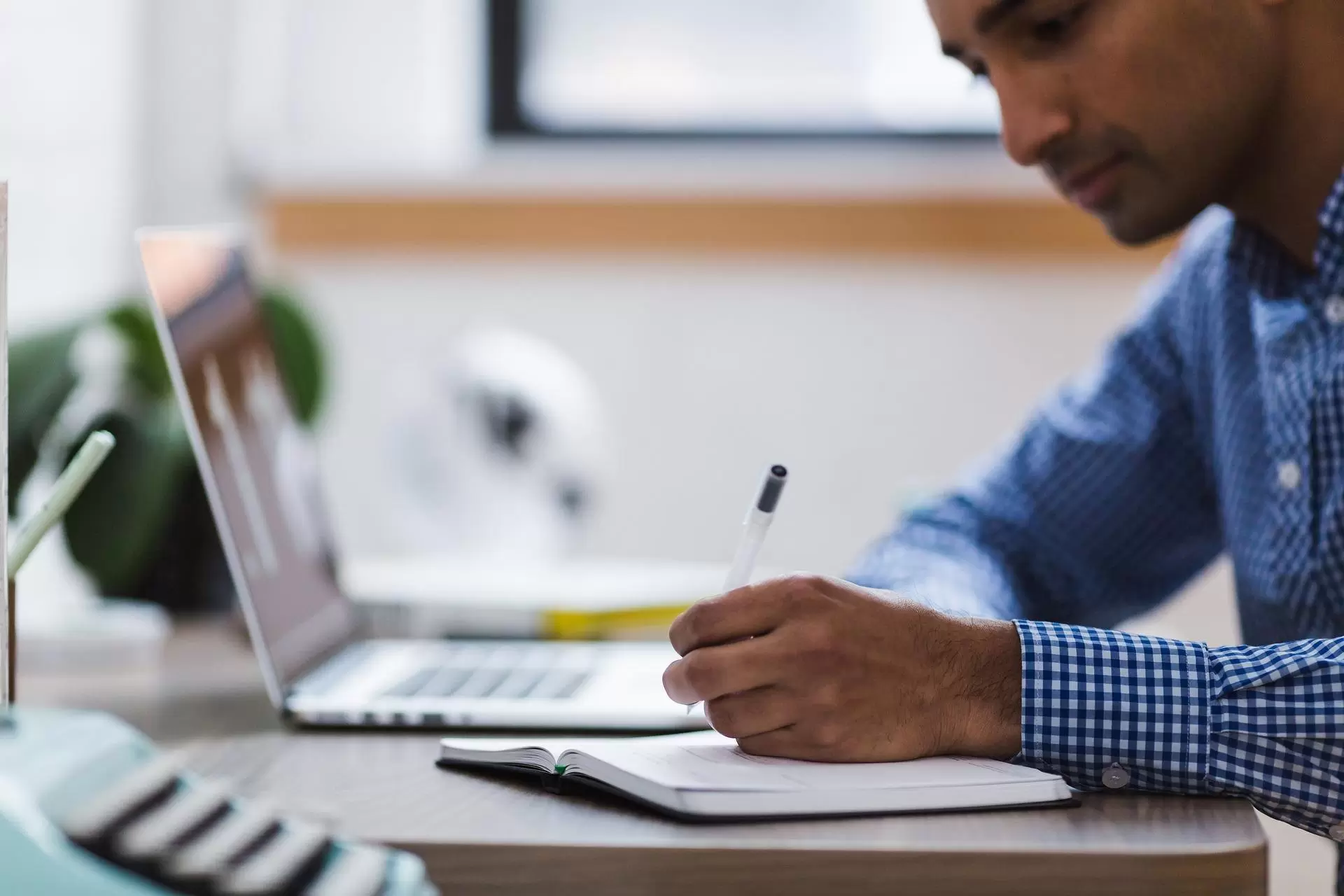
My work in this strand focuses on the development of equity, diversity, and justice-oriented STEM educators. On a programmatic level, I speak to the importance of leveraging a systemic approach that capitalizes on place-based partnerships to address the limitations of the single multicultural course touted in the literature and to advance an educator force for social justice. With colleagues in the Patton College, we present a model of collaboration that supports and empowers middle level teacher educators to reform their pedagogy on an individual and programmatic level through developing a cohesive vision focused on equity, diversity, and social justice that permeates, builds on interdisciplinary teaching and common planning time. Another group of colleagues is developing a boundary crossing clinical curriculum that supports equitable, inclusive, and humanizing learning environments for professional interns.
On a course level, I promoted strategies and examples for integrating place-based education in ways that to connect with families, community, and business partners to promote personal and community health and wellness; develop deep knowledge of the history and context of a local place and community; promote the goals of justice-oriented teacher education through shifting away from formal educational contexts and into the community; and position future educators as learners who benefit from the expertise and funds of knowledge present in the places they inhabit; and create opportunities for future educators to give back to the community to further educational growth and development.
On an individual level, I focus on ways to counter educators’ deficit beliefs about culturally and linguistically diverse students and students with low socioeconomic status using non-traditional and third space types of clinical experiences like a family engagement event. My findings in this work indicate that intentionally designed experiences like science night coupled with critical reflection around them promote teacher candidates’ cultural competence.
Collaborators in this work are Dr. Lisa Harrison (Patton College), Dr. Dr. Theda Gibbs Grey, Dr. Danielle Feeney (Teacher Education), Ms. Marcy Keifer Kennedy and Mrs. kathleen Haskell (Center for Clinical Practice in Education).
Nurturing Teaching Identities
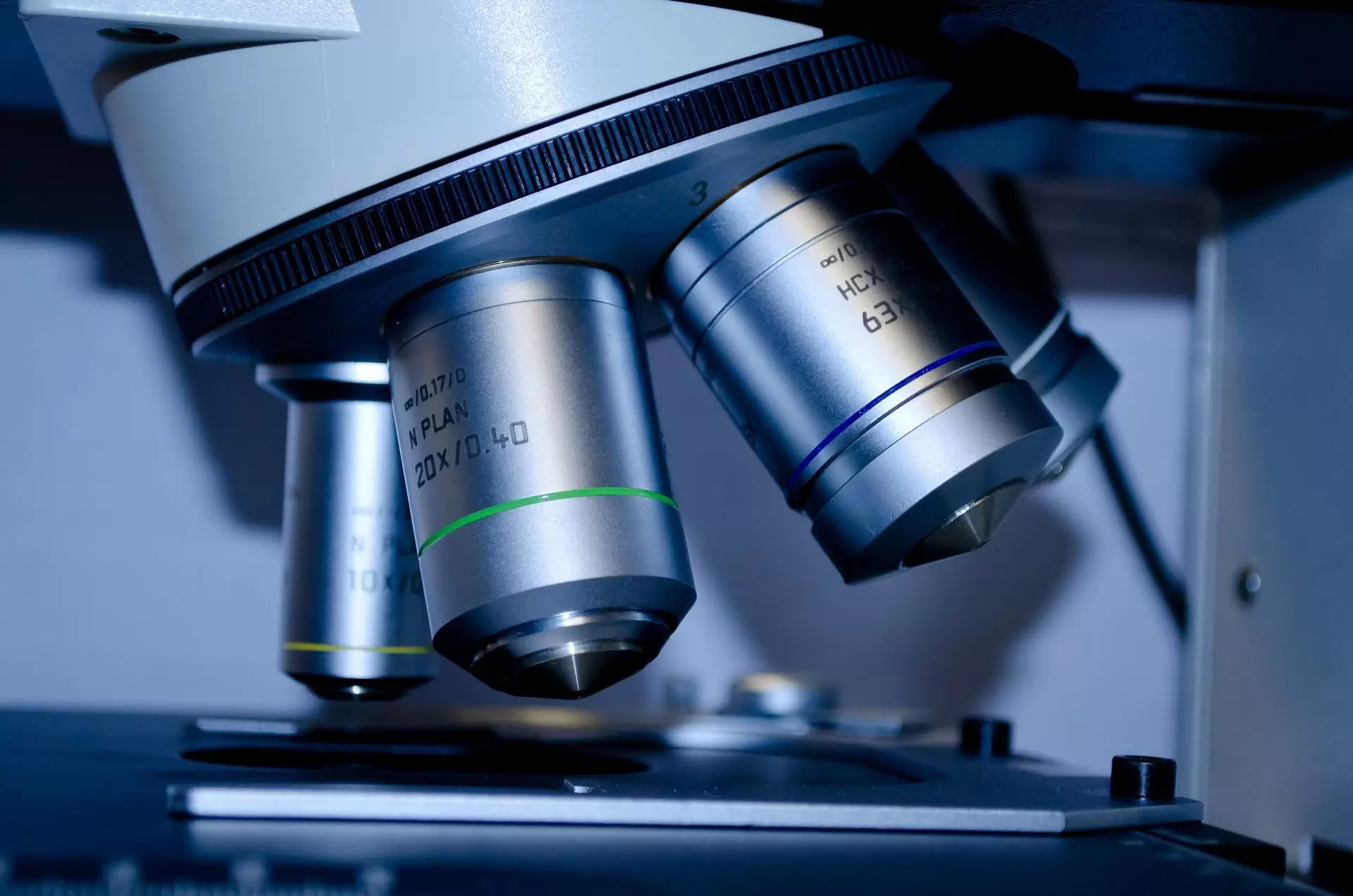 In this area, I focus on strategies for supporting a STEM teaching identity in Enter a detailed description of this area of your research. Image size is 300 x 200
In this area, I focus on strategies for supporting a STEM teaching identity in Enter a detailed description of this area of your research. Image size is 300 x 200
This area is under construction 🚧.
Collaborators in this work are Dr. Courtney Koestler (OHIO Center for Equitable Mathematics and Science) and Dr. Allyson Hallman-Thrasher (Teacher Education)
Research to practice
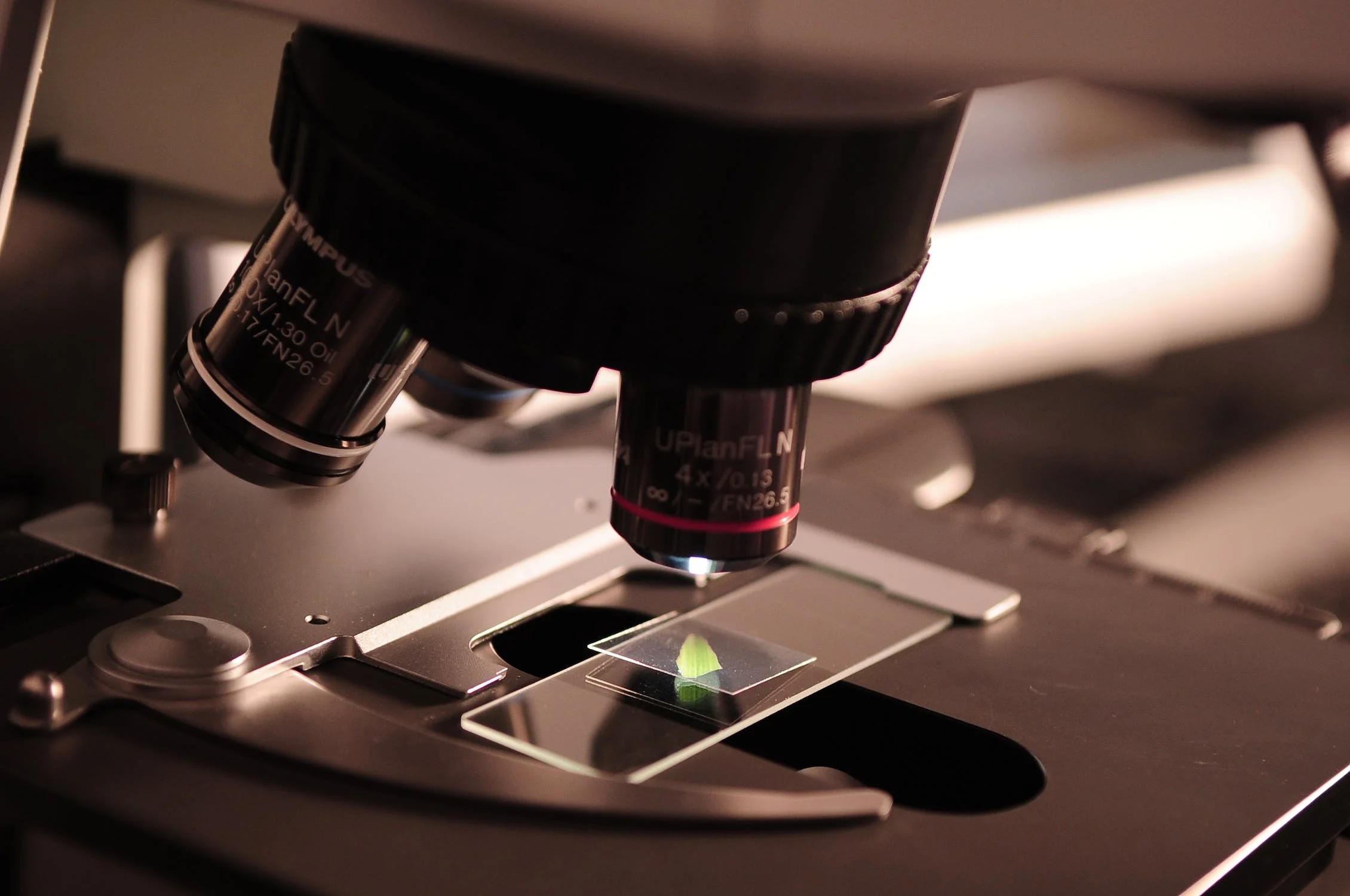 In this area, I describe some of the practitioner implications of my scholarship and a short summary of the articles that can be used to guide classroom practice. (Image size is 300 x 200)
In this area, I describe some of the practitioner implications of my scholarship and a short summary of the articles that can be used to guide classroom practice. (Image size is 300 x 200)
This area is under construction 🚧.
.
Doctoral Students
Danielle's current doctoral students include: Nicole Kirchner, Rachel Garcia, Amal Alqhtani, Rejoice Vorsah, Srijana Katuwal, Desa Tobin-Nairn. Recent doctoral graduates include Dr. Shauna Torrington and Dr. Larry Hurtubise.
